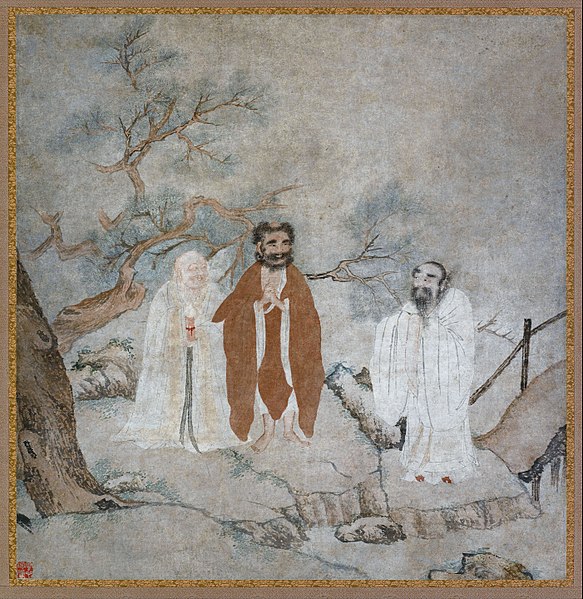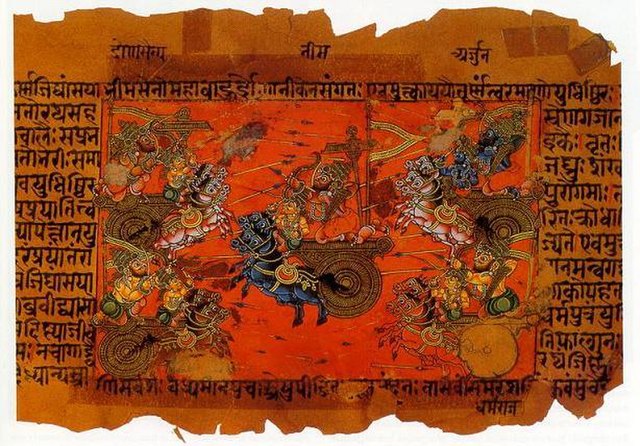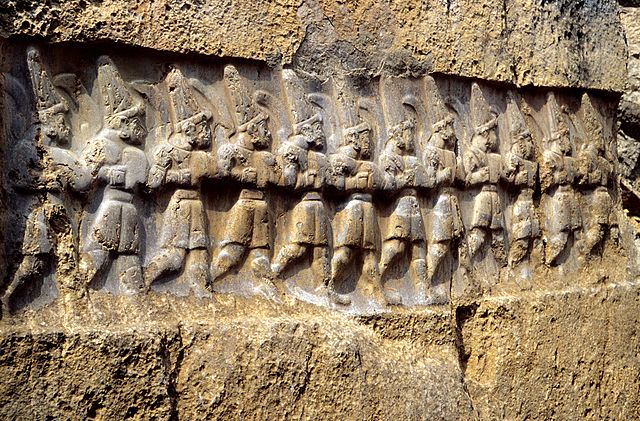Religious studies, also known as the study of religion, is the scientific study of religion. There is no consensus on what qualifies as religion and its definition is highly contested. It describes, compares, interprets, and explains religion, emphasizing empirical, historically based, and cross-cultural perspectives.
Totem poles reflect the beliefs of the Indigenous peoples of the Pacific Northwest Coast; some scholars of religious studies argue that the term "religion" is too Western-centric to encompass the beliefs and practices of non-Western civilizations.
Max Müller; the first professor of comparative philology at Oxford University and author of Introduction to the Science of Religion.
Religion is a range of social-cultural systems, including designated behaviors and practices, morals, beliefs, worldviews, texts, sanctified places, prophecies, ethics, or organizations, that generally relate humanity to supernatural, transcendental, and spiritual elements—although there is no scholarly consensus over what precisely constitutes a religion. Different religions may or may not contain various elements ranging from the divine, sacredness, faith, and a supernatural being or beings.
The Buddha, Laozi, and Confucius – founders of Buddhism, Taoism (Daoism) and Confucianism – in a Ming dynasty painting
Budazhap Shiretorov (Будажап Цыреторов), the head shaman of the religious community Altan Serge (Алтан Сэргэ) in Buryatia
A manuscript depicting the climactic Kurukshetra War in Hindu epic Mahabharata. The Mahabharata is the longest epic poem known and a key source of Hindu mythology.
The Yazılıkaya sanctuary in Turkey, with the twelve gods of the underworld






